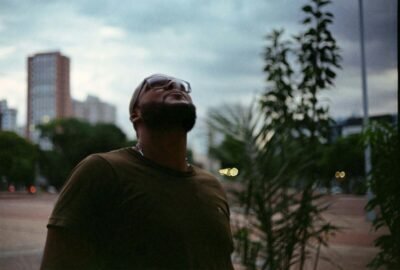I'm not just speaking from a place of advocacy to victims. I'm speaking as a relative and friend who has had occasion to come alongside a male and aid
I’m not just speaking from a place of advocacy to victims. I’m speaking as a relative and friend who has had occasion to come alongside a male and aid him in getting care. Not everyone encouraging men and boys to “seek help” is helpful.
🌍 Reflection: We All Have Stories Worth Hearing
When we talk about harm in medicine, in systems, and in the world, we have to tell the whole truth.
Yes, there are histories of what was done to women —
- the forced sterilization of Indigenous, Black, Puerto Rican, and poor white women;
- the exploitation of Black women’s bodies that built modern gynecology;
- and the theft of Henrietta Lacks’ HeLa cells. Those stories matter deeply.
But Black men have stories of being victimized too — and it is important that we make room for those.
There are the men used in the Tuskegee Study, denied treatment while being studied like specimens.
There are the quiet, everyday indignities that happen in hospitals and exam rooms when a Black man’s pain isn’t believed, when he is treated as a threat instead of a patient, when his body is handled roughly or carelessly. There are stories of brothers and fathers who avoided doctors not out of pride, but because of memory — because of what they’ve seen and felt.
Making space for those stories doesn’t take away from anyone else’s pain. It completes the truth.
Because harm doesn’t always look the same, but it always leaves something behind.
Black men, too, know what it feels like to be vulnerable in systems that don’t protect them.
To be misunderstood. To be dismissed.
Their stories belong in our conversations about healing — not as a counterpoint, but as a part of the full picture.
If we truly believe in healing, then we must listen to all the voices of those who have been harmed — men, women, and every life that was treated as less than sacred.
Only when everyone’s pain is acknowledged can our collective healing begin.
